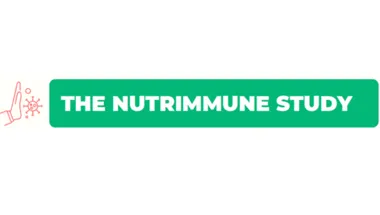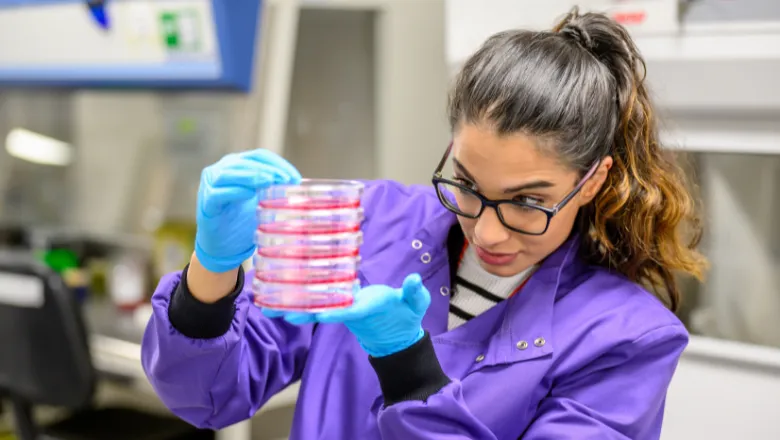
Dr Victor Turcanu MD, PhD, FHEA, MA in Clinical Education
Senior Lecturer in Allergy
Contact details
Biography
Immune diseases such as allergies, transplant rejection, chronic inflammation and autoimmune diseases result from pathogenic immune responses that also occur in healthy individuals in whom they are nevertheless controlled so that they do not lead to self tissue damage. Moreover, even individuals who develop an allergy to one food or pollen, for example, are still able to maintain a state of tolerance towards myriads of other food antigens and pollens that they tolerate.
My research is aimed at understanding the way the immune system decides to respond in order to exploit the natural mechanisms of tolerant immune responses for the prevention and treatment of immune diseases. In this respect developing new therapeutic molecules for immunotherapy represents a major interest of mine since the major advances in the understanding of immune mechanisms that occurred over the last decades did not lead until now to significant novel drugs for treating immune diseases.
Research

The NutrImmune Study
Investigating how diet can optimise our immune response to flu vaccines. We're recruiting healthy adults, aged 40-64 years old, who consume 2+ snacks per day.
Project status: Ongoing
News
New study themes introduced for Biomedical Science students at King's
This year, students on our BSc Biomedical Science programme chose from six new study themes aligned with the research within the Faculty of Life Sciences &...

Research

The NutrImmune Study
Investigating how diet can optimise our immune response to flu vaccines. We're recruiting healthy adults, aged 40-64 years old, who consume 2+ snacks per day.
Project status: Ongoing
News
New study themes introduced for Biomedical Science students at King's
This year, students on our BSc Biomedical Science programme chose from six new study themes aligned with the research within the Faculty of Life Sciences &...

